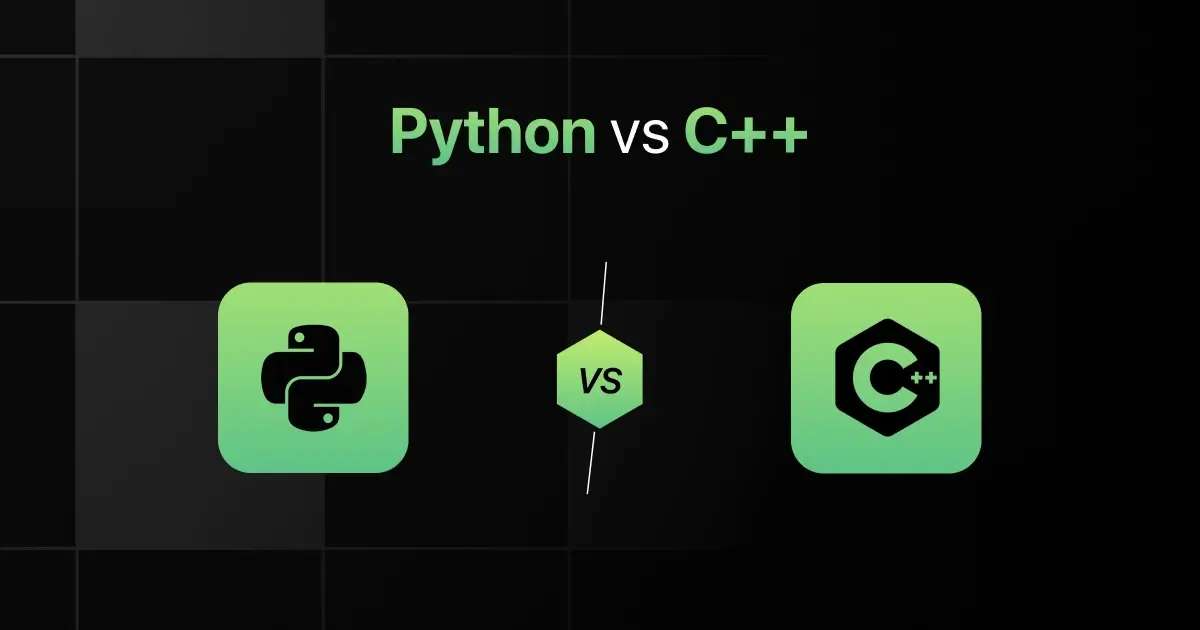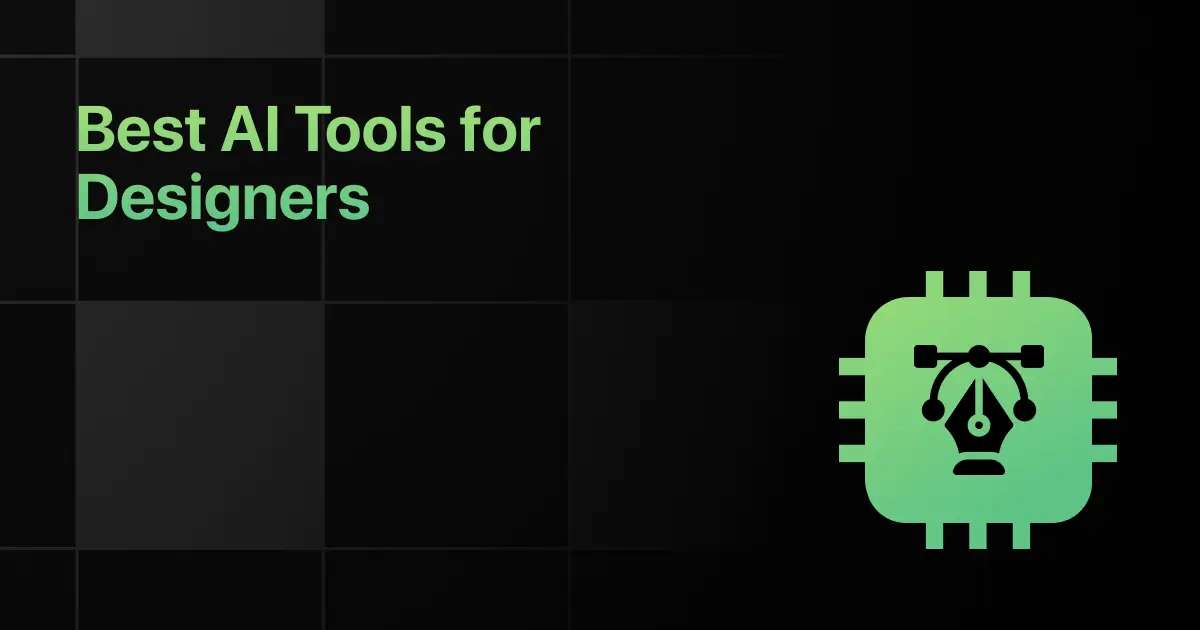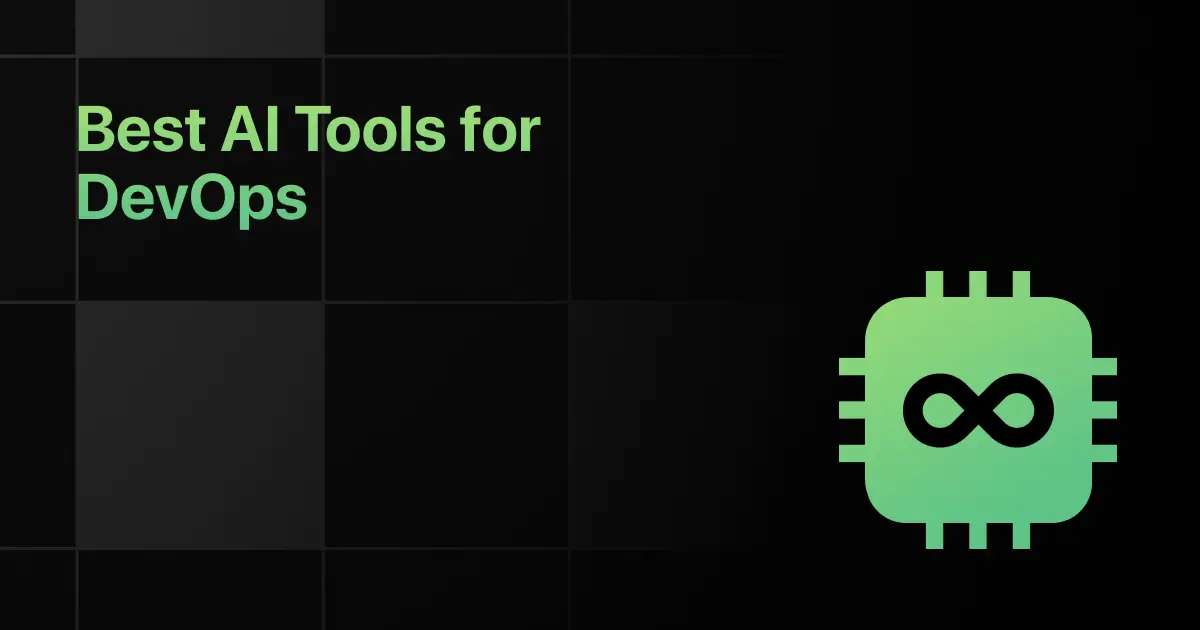Python vs C++: Key Differences

When comparing Python and C++, it’s important to look at what sets them apart. The discussion about Python vs C++ is common among programmers deciding which language to use for their projects.
The question of Python vs C++ which is better? or Python vs C++ which is best? depends on what you need for your specific project.
In this article, let’s know the differences between Python vs C++.
Python vs C++: Understanding the Key Differences
To analyze Python vs C++, you need to understand the design philosophy and the runtime environment.
The key difference between Python and C++ is that Python is designed for simplicity and readability, making it ideal for beginners and use in rapid development scenarios. On the other hand, C++ emphasizes control over system resources and performance, making it suitable for large-scale applications, including software and game development.
The following are other major differences between Python and C++:
| S. No. | Parameters | Python | C++ |
|---|---|---|---|
| 1 | Developed By | Guido van Rossum | Bjarne Stroustrup |
| 2 | Release Year | 1991 | 1985 |
| 3 | Paradigm | Object-oriented, imperative, functional | Object-oriented, procedural |
| 4 | Syntax | High-level, very readable | More complex, allows low-level manipulation |
| 5 | Performance | Generally slower, interpreted | Faster, compiled |
| 6 | Applications and Use Cases | Web development, data analysis, AI, and automation | System/software development, game programming |
| 7 | Learning Curve | Easier for beginners | Steeper, due to complex features |
| 8 | Libraries and Frameworks | Extensive, with libraries like TensorFlow and Django | Standard Template Library, Boost |
| 9 | Platform Independence | Highly portable | Highly portable but requires compilation for each platform |
| 10 | Concurrency and Multithreading | Native support via modules | In-built support with more complexity |
| 11 | Tooling and IDE Support | Wide range of IDEs (PyCharm, VS Code) | Numerous options (Visual Studio, Eclipse CDT) |
| 12 | Memory Management | Automatic garbage collection | Manual management with new/delete |
| 13 | Error Handling | Exceptions | Exceptions and manual error handling |
| 14 | Security | Good, with emphasis on simplicity | Good, but requires careful management to avoid low-level bugs |
| 15 | Scalability | Highly scalable with proper design | Highly scalable, particularly in resource-intensive apps |
| 16 | Key Features | Dynamic typing, easy-to-read syntax | Memory control, object-oriented, template programming |
| 17 | Integration with Other Technologies | Extensive, with tools for most other languages | Compatible with C, with bindings for other languages |
| 18 | Community and Support | Large and active | Very large and highly technical |
| 19 | Job Opportunities | Growing in data science, web development | Consistent demand in systems development, finance |
| 20 | Future Prospects | Increasing use of AI and machine learning | Stable, with ongoing use in performance-critical applications |
Python vs C++: Which One to Choose?
Choosing between Python and C++ can be challenging, but by understanding their distinct advantages, you can make an informed decision.
Choose Python If:
- You are interested in roles such as data analyst, machine learning engineer, or software developer in industries like finance, healthcare, or technology due to Python’s strong presence in these fields.
- You want access to a vast range of libraries, frameworks, and tools that support web development, data analysis, artificial intelligence, and more.
- You need a language that balances reasonable execution speed with excellent memory management, especially useful in scripting, automation, and data analysis tasks.
- You prefer a programming environment that supports cross-platform compatibility, enabling development and deployment on multiple operating systems including Windows, macOS, and Linux.
- You are working on projects related to web development, artificial intelligence, scientific computing, or data visualization, as Python offers specialized libraries and frameworks for these applications.
Choose C++ If:
- You are looking to work as a software developer, game developer, or in system architecture design, particularly within industries like video game design, real-time simulation, and software development.
- You are interested in a language with an extensive range of libraries and frameworks like Boost and Qt, supporting complex graphical applications and real-time simulation.
- You need a language known for its robust performance capabilities, capable of handling complex object-oriented applications with significant memory and process management.
- You require a language versatile enough to be used on multiple platforms including desktops, servers, and large systems, benefiting from C++’s object-oriented features and its vast standard library.
- You focus on developing complex systems such as desktop applications, AAA video games, or simulation software where advanced object-oriented programming is beneficial.
Final Words
The main difference between Python and C++ lies in their design and use. The purpose of understanding the Python vs C++ difference is to choose the right tool for the job, depending on factors like the project’s size and how easy it is to maintain.
Frequently Asked Questions
1. What are the key differences between Python and C++?
The key differences between Python and C++ are:
- Python is dynamically typed; C++ is statically typed.
- Python has automatic garbage collection; C++ requires manual handling.
- C++ is generally faster due to being compiled; Python is Slower than C++
2. Which is better Python or C++? Which one to choose?
Choose Python for rapid development and ease of use and C++ for performance-critical applications and fine control over system resources.
3. Which is faster, Python or C++?
C++ is generally faster than Python.
4. What are the primary use cases of Python and C++?
- Python: It is used in web development, data analysis, AI.
- C++: It is used in system/software development, and game development.
5. Which one is easy to learn for Beginners, Python or C++?
Python is easier to learn for beginners due to its simpler syntax and readability.
6. Can Python and C++ run on different platforms?
Yes, both Python and C++ can run on different platforms.
7. Can I develop mobile apps using Python and C++?
Yes, mobile apps can be developed using C++ and, to a lesser extent, Python with appropriate frameworks.
8. What are the job prospects for Python developers versus C++ developers?
Both have strong job prospects; Python is in demand for data science and web development, while C++ is valuable in systems development and embedded systems.
Explore More Python Resources
- Python Learning Websites
- Python Practicing Websites
- Python YouTube Channels
- Python Project Ideas
- Python Apps
- Python IDEs
- Python MCQ
Explore More C++ Resources
Explore More Comparisons
Related Posts


Best AI Tools for Designers [Free + Paid]
Ever feel stuck staring at numbers, not knowing what to do next? You're not alone. Data can be confusing, but …










